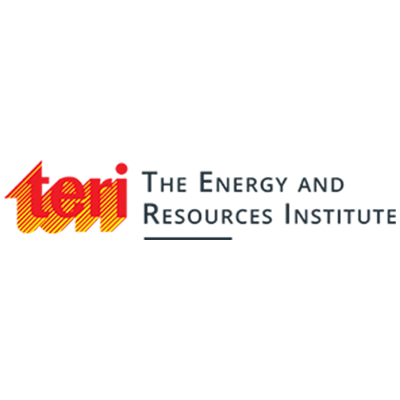Eastern Himalayan Rural Futures®:
Ecology for the New Economy
creating a Naturenomics™ Agenda – Ecology for the New Economy
Valuing the Interdependence between Ecology and Economy
The nature of the global world is changing, re-drawing the ancient ‘Ecology is Economy’ paradigm for resilient and sustainable relationships between people and nature – for our future. The pandemic offers an unprecedented clarion call, and opportunity to rewrite the rulebook on growth, human development, and quality of life.
Through the ages we have used nature’s capital to surge economic growth, from the earliest agricultural revolution to today’s digital revolution. The overconsumption and runaway exploitation of our natural resources have spurred the global collapse we face today. Research shows that $44 trillion of economic value generation – more than half of the world’s total GDP – is moderately or highly dependent on nature and its services and is therefore exposed to nature loss. But rethinking how we use this ‘natural capital’ can help achieve a balance between ecology and economy. And, if we can build our ecology, we can build our economy.
Forests provide livelihoods, essentials of life and well-being for rural populations and billions of people around the world. Forests mitigate climate change by removing about a third of the global greenhouse gas emissions each year and is critical against climate change. If the crisis continues unabated, this reliance on forest goods and services is also likely to see a sharp increase. Which raises the question of how we ensure that forests continue to play a central role in people’s wellbeing, without raising the risk of deforestation and forest degradation. This is the time, we create a redefined paradigm with Ecology at the center-stage, by putting people and the planet first.

Ecology is integral
in Economic Planning
– Set out the policy and targeted investments for key sectors.
– Design measures for future-proof jobs.
– Emphasize on net zero emissions for a fast-tracked green recovery
and investing in nature capital in the Eastern Himalayas.
– Rethinking agriculture to ensure it protects rather than strips soils
– Establish recovery programmes to improve the livelihoods and
build resilience of forest-dependent people, and local indiegenous
communities.
Eastern Himalayas :
A Nature - Positive Reset
– Focus on rural community leaders disrupting business as usual –
transitions that could lead to a nature -positive economy and
forward-thinking policies.
– Promote efforts to halt deforestation, prevent forest degradation
and increase forest area through investment in forestry-related jobs
as part of nature-positive reset packages, including afforestation,
reforestation, conservation, and agroforestry.
– Envisage special programmes to create an enabling environment
for small and marginal farmers to steadily move towards natural
and ecological farming methods.
– Empower Women Farmers, strengthening their roles food and
nutritional security.
Cooperative
Community
Actions
– Government, Global leaders, Business, grassroots actors and
academicians for effective action in putting ‘ecology back in
economy’.
– By generating positive outcomes in the immediate term, aligning
responses to the economic crisis could serve as the spark that
resets global postures away from rivalry and toward cooperation
over the long term.
– Global community, during the pandemic and in its aftermath, with
an opportunity to build a better approach for smart recovery, one
that does not replicate the unsustainable patterns of the past.











Check out our playlist



